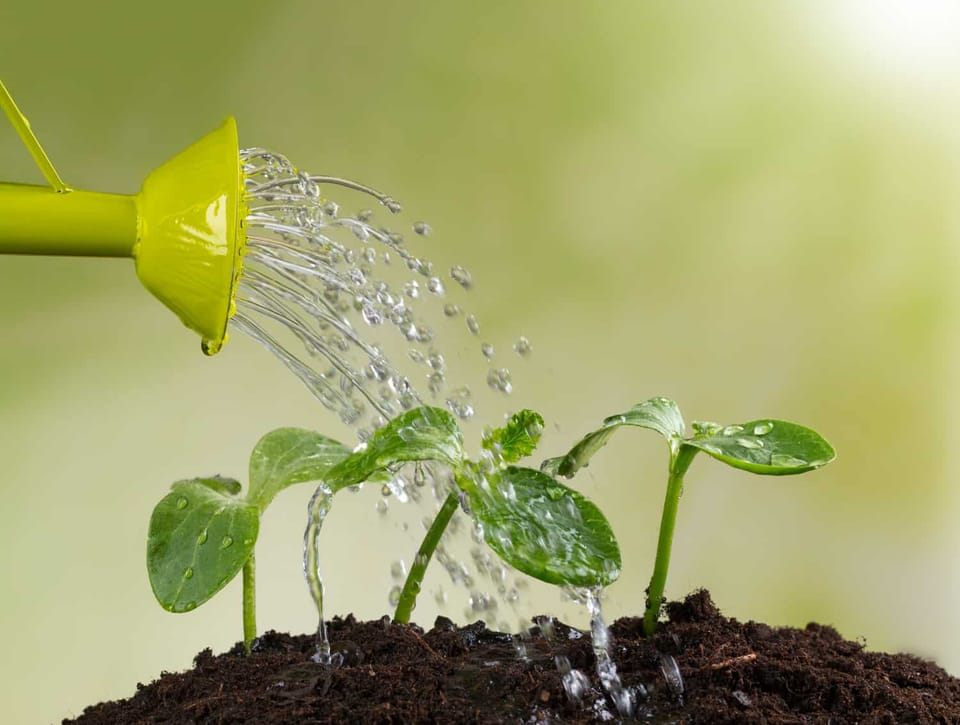Don’t Use These to Grow

How do we grow? This is one of the most important questions we can answer. When we’re young, physical growth is automatic. As we grow older, though, we can begin to coast and stall. Growth in our relationship with God, in our minds, bodies, and relationships, is anything but automatic.
Our attempts to grow, though, often go wrong when we use the wrong approach. Here are two wrong approaches to growth, and then one that makes more sense.
Don’t Use Motivation
When we’re motivated, everything seems easier. We attend worship. We read Scripture. We pray. We memorize and study. Motivation helps us choose actions that lead to growth.
The problem with motivation, though, is that it’s unreliable. There are days that you’ll feel motivated; there are days you won’t. When we rely on motivation, we’re relying on the wrong thing.
Spiritual growth will result in greater motivation and desire. But if we rely on motivation, we won’t get far. It’s an unreliable strategy for growth.
Don’t Use Guilt
Like motivation, guilt is a great short-term motivator. When we feel guilty, we will take action, at least some of the time, and for a short time. Guilt creates anxiety and defensiveness.
Jon Bloom writes:
Guilt is a terrible motivator for any behavior, except repentance. We cannot sustain ongoing spiritual disciplines, such as prayer, from a sense of guilt…
Guilt is something to get rid of, not something to harness as a motivation to develop and persist in a habit. Its intended purpose is to push us toward one primary action: repentance. Repentance is God’s designed means to free us from the burden of guilt.
Guilt can help drive us to Christ, which is good, but it won’t motivate us to grow. Don’t rely on motivation or guilt for growth.
Use This Instead
If motivation or guilt aren’t enough, what is?
David Mathis explains what the Bible teaches about growth:
Growing in grace isn’t something we can calculate and produce. It’s not ultimately in our court. There are actions we take, and must take — habits of mind and heart and life to cultivate — but in the end, we are powerless.
We don’t produce growth. God does. He is willing to help us.
What actions can we take to grow? Mathis continues:
The implications are immense for the Christian life — and for the habits of grace we cultivate in hearing God’s voice (in his word), having his ear (in prayer), and belonging to his body (in the local church). The repeated focus in our spiritual exercises must be on Jesus, and not our effort. He is the greatest grace on these paths, not our improvement.
We grow as we focus on Christ. Developing habits that help us do this are important. The power isn’t in the habits themselves, though. The power is in Christ.
Cultivate habits that draw your heart to Christ. Use what Christians used to call the ordinary means of grace. But don’t rely on the habits or the means; rely on Jesus. As we are continually drawn back to him, we’ll be captivated by him. And, as a byproduct, we’ll be changed.
It’s a much better approach than motivation or guilt.
G4L Discipleship exists to help you develop habits that draw you to Christ. We’re passionate about helping people take steps to pursue Jesus in their lives. You can find out more or sign up for an upcoming cohort here.
Let’s pursue Jesus together.






